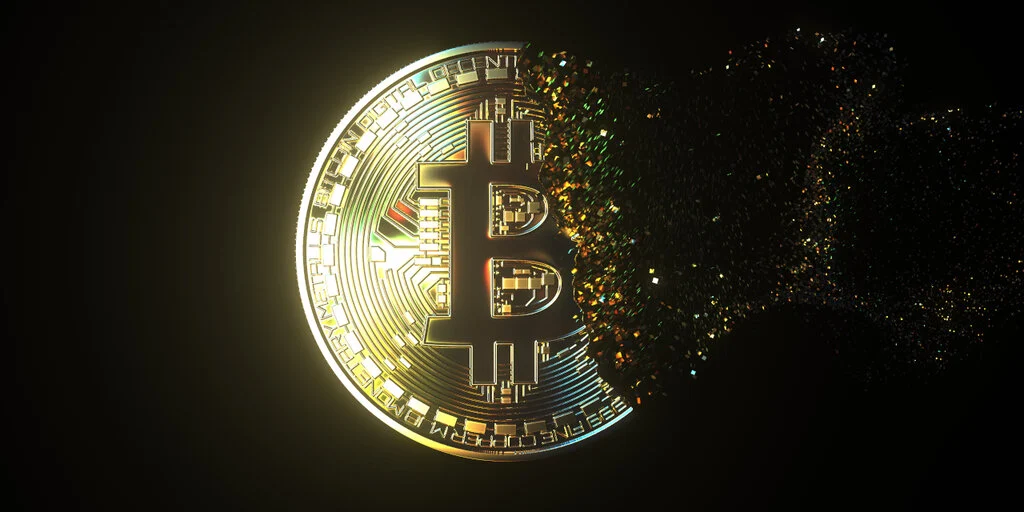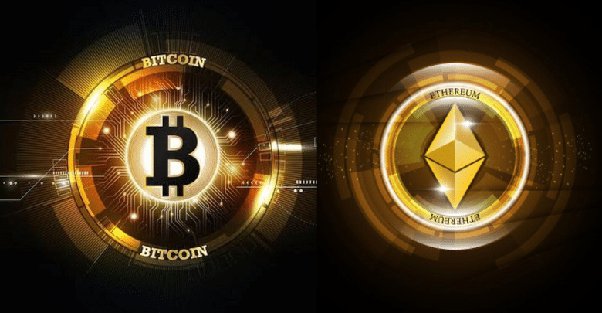Are ZK-proofs the answer to Bitcoin's Ordinal and BRC-20 problem?
Bitcoin's Ordinal and BRC-20 problem?have the potential to add new utility to the Bitcoin and Ethereum blockchains, respectively.

Zero-knowledge proofs (ZK-proofs) are a type of cryptographic protocol that allows one party to prove to another party that they know a piece of information without revealing the information itself. ZK-proofs have the potential to revolutionize many industries, including blockchain technology Bitcoin's Ordinal and BRC-20 problem.
In the context of Bitcoin, ZK-proofs could be used to address the challenges posed by Ordinals and BRC-20 tokens. Ordinals are digital inscriptions that are stored on the Bitcoin blockchain. BRC-20 tokens are tokens that are built on top of the Ethereum blockchain. Both Ordinals and BRC-20 tokens can be used to represent a wide range of assets, including NFTs, collectibles, and even fractional ownership of real-world assets.
The Ordinal and BRC-20 problem
Ordinals and BRC-20 tokens have the potential to add new utility to the Bitcoin and Ethereum blockchains, respectively. However, they also pose some challenges.
Ordinals
Ordinals are stored on the Bitcoin blockchain in the form of Satoshi inscriptions (SIs). SIs are essentially small pieces of data that are attached to Bitcoin transactions. Ordinals can be used to represent a wide range of assets, including NFTs, collectibles, and even video games.
One of the challenges with Ordinals is that they can increase the size and complexity of Bitcoin transactions. This can lead to higher fees and slower transaction times. Additionally, some members of the Bitcoin community have expressed concerns that Ordinals could distract from the core purpose of Bitcoin as a peer-to-peer digital currency.
BRC-20 tokens
BRC-20 tokens are built on top of the Ethereum blockchain. BRC-20 tokens can be used to represent a wide range of assets, including NFTs, collectibles, and even security tokens.
One of the challenges with BRC-20 tokens is that they can also increase the size and complexity of Ethereum transactions. This can lead to higher fees and slower transaction times. Additionally, BRC-20 tokens can be used to create complex financial products, which can be difficult for investors to understand and evaluate.
ZK-proofs as a solution
ZK-proofs could be used to address the challenges posed by Ordinals and BRC-20 tokens. For example, ZK-proofs could be used to reduce the size and complexity of Ordinal and BRC-20 transactions. This would help to reduce fees and improve transaction times.
Additionally, ZK-proofs could be used to verify the validity of Ordinals and BRC-20 tokens without revealing the underlying data. This would help to improve the security and transparency of these assets.
How ZK-proofs work
ZK-proofs work by allowing one party (the prover) to prove to another party (the verifier) that they know a piece of information without revealing the information itself. This is done through a series of mathematical challenges and responses.
For example, let's say that Alice wants to prove to Bob that she knows the answer to a riddle without telling him the answer. Alice could use a ZK-proof to do this. First, Alice would generate a cryptographic commitment to her answer. This commitment is a piece of data that is linked to the answer, but does not reveal it.
Alice would then send the commitment to Bob. Bob would then challenge Alice to prove that she knows the answer to the riddle. Alice would then respond to Bob's challenge using a ZK-proof.
If Alice is able to successfully complete the ZK-proof, Bob will be convinced that Alice knows the answer to the riddle, even though she did not reveal it.
ZK-proofs and Bitcoin
ZK-proofs are still in their early stages of development, but they have the potential to revolutionize Bitcoin. For example, ZK-proofs could be used to:
- Reduce the size and complexity of Ordinal and BRC-20 transactions.
- Verify the validity of Ordinals and BRC-20 tokens without revealing the underlying data.
- Improve the privacy and security of Bitcoin transactions.
- Enable new types of financial applications on Bitcoin.
ZK-proofs and Ethereum
ZK-proofs are also being developed for Ethereum. ZK-proofs could be used to address the scalability challenges faced by Ethereum. Additionally, ZK-proofs could be used to improve the privacy and security of Ethereum transactions.
What's Your Reaction?
















